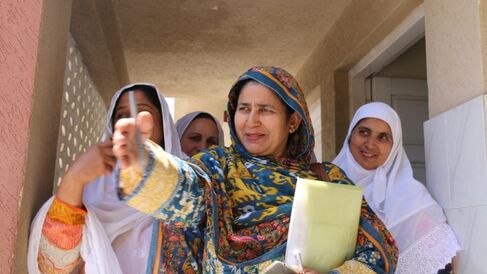EBLS: Tarlai Kalan, Pakistan
TARLAI KALAN, PAKISTAN
The planned site in Pakistan is Tarlai Kalan, a city of about 100,000 inhabitants about 10 kilometres outside Islamabad, but within the Islamabad Capital Territory (ICT). The city is a predominantly low and lower middle-class settlement with a large number of immigrants from other parts of Pakistan. The crude birth rate is around 40 per 1000 and families have 4-8 children. Families are typically based on traditional gender roles. Among poor sections of the population, multiple adversities including malnutrition, irregular income, and low literacy are common. Up to a 50% of lifetime prevalence of physical violence against women by their husbands is reported in studies from Pakistan. While the Pakistan Demographic Health Survey reports 12% women experience this during pregnancy.
The Government of Pakistan, through its, National Health Vision 2016- 2025, is committed towards concerted efforts to promote early child development through preventive and promotive strategies targeted at the early years of life. The research team in Pakistan is led, jointly, by Dr Assad Hafeez and Dr Siham Sikander and affiliated institutionally with the Health Services Academy of the Ministry of National Health Services, Regulations and Coordination. Dr Hafeez is a paediatrician and the Director General Health of Pakistan as well as the Executive Director of Health Services Academy. The Health Services Academy is the leading public health research and policy feeding institution in Pakistan, with a track record of international research collaborations. Dr Sikander is a psychiatrist and a public health researcher and serves as faculty at the Academy and is the member of Health and Population Think Tank of the Ministry. Dr Sikander has a special research interest in evaluating behavioural cognitive interventions for mothers with depressive symptoms and early child development.
Image source: Prof. Manuel Eisner

